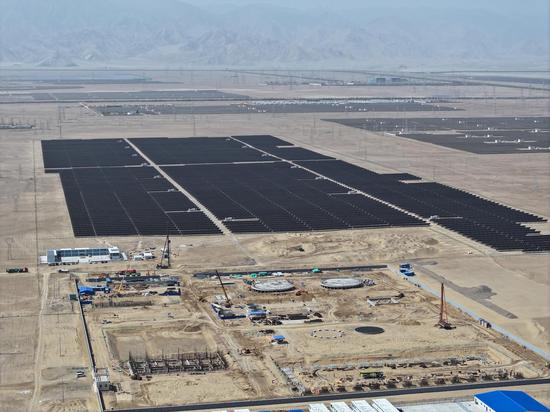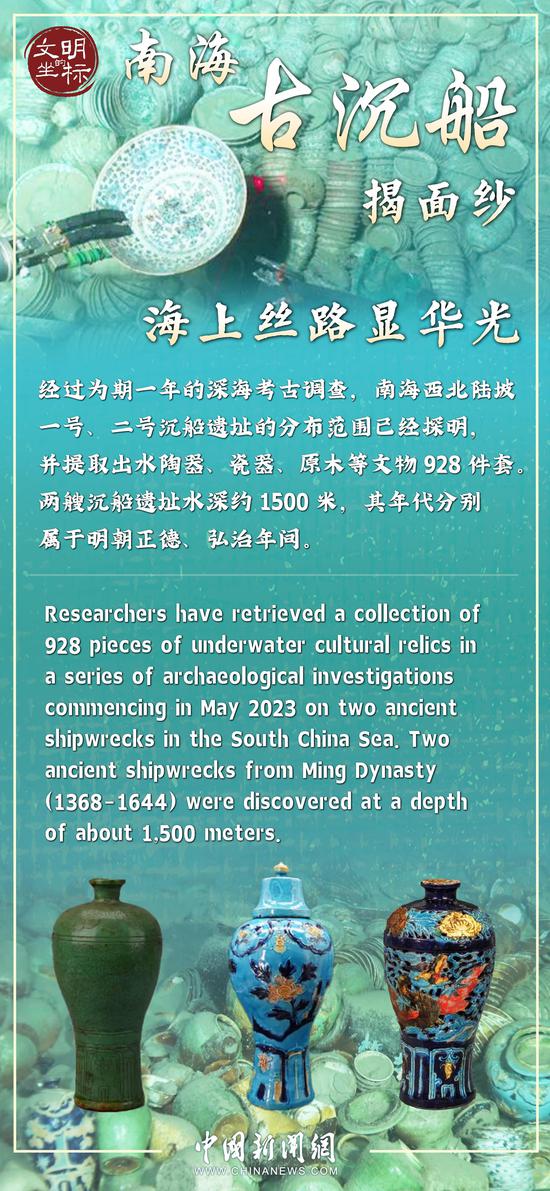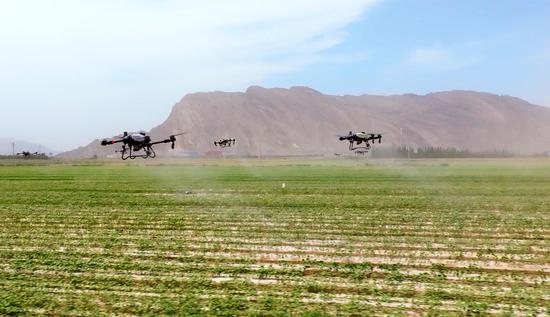The Suizhong 36-1 oilfield, China's largest self-operated offshore oilfield, has produced more than 100 million tons of crude oil, making it the first offshore oilfield in China to reach this milestone, CCTV reported on Sunday. This achievement is of great significance in ensuring the country's energy security.
Located in the northern Bohai Bay, the Suizhong 36-1 field started production in 1993 and has a peak annual crude oil production of 5 million tons, according to operator China National Offshore Oil Corp (CNOOC).
The proven geological reserves of the field exceed 300 million tons. The field has 24 drilling platforms that produce 8,900 tons of crude oil per day, serving as the main oilfield of the Bohai oilfield, which is China's largest crude oil producer.
According to Zhang Chunsheng, a vice general manager of CNOOC Tianjin Branch, the 100 million tons of crude oil production is equivalent to half of China's estimated crude oil production in 2023. It's enough to meet the energy demand of a city of 10 million people for approximately 20 years.
This achievement is crucial in safeguarding national energy security, driving economic development and meeting the needs of the people, Zhang said.
Located in a northern ice zone, the field contains heavy oil, which is difficult to extract. However, through innovative techniques such as water injection, the field has overcome these challenges, according to CNOOC.
In the past decade, China has made significant strides in enhancing its energy security, Zhang Jianhua, head of the National Energy Administration, told a press conference on Thursday.
China's per capita annual electricity consumption has nearly doubled to 1,000 kilowatt-hours, Zhang said.
Total primary energy output rose by 35 percent from 2013 to 2023, with a significant growth in coal, oil, natural gas, wind and solar energy. Wind power capacity increased by five times, while solar power capacity grew by 30 times.


















































 京公网安备 11010202009201号
京公网安备 11010202009201号
